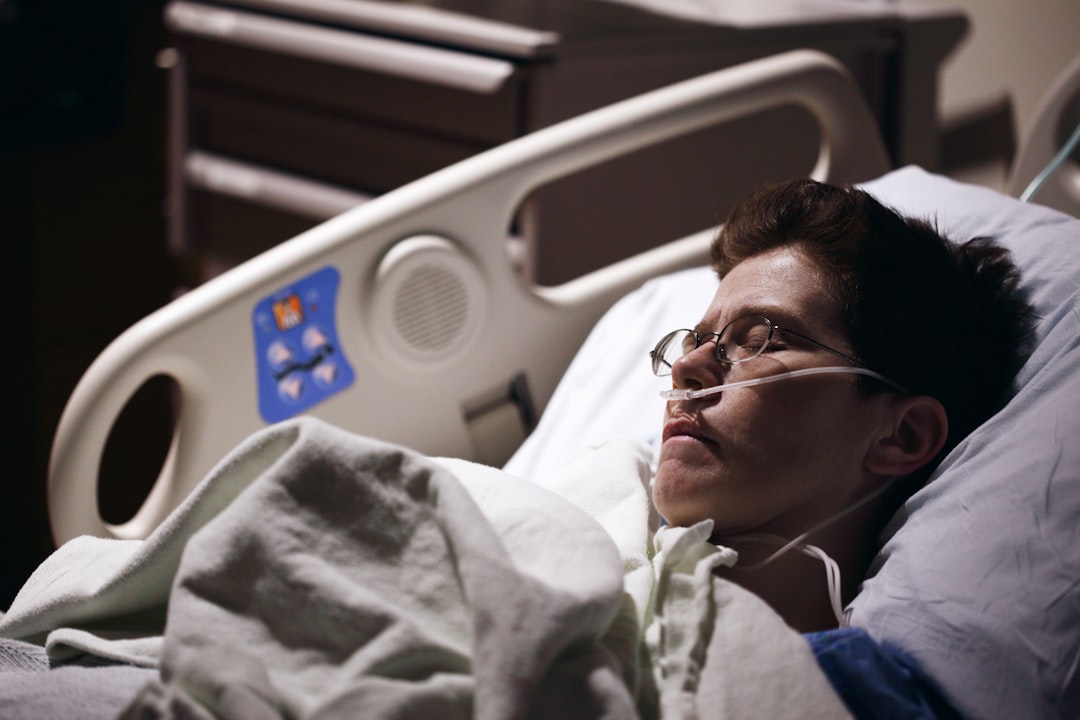In the United States, approximately 20 million individuals grapple with substance use disorders, yet only about 2 million successfully overcome these challenges. If this statistic resonates with your desire to make a difference, pursuing a career as a Registered Alcohol/Drug Technician (RADT) in California could be your calling. This guide will illuminate your compassionate journey toward RADT certification, equipping you with the knowledge and skills to support those in need.
1. Understanding the RADT Role
The Registered Alcohol/Drug Technician (RADT) plays a crucial role in supporting individuals struggling with substance abuse in California. To become a RADT, candidates must complete an approved curriculum and a 9-hour orientation focused on ethics and professional boundaries. This foundational training equips them to assist clients effectively, collect samples for testing, and develop tailored recovery programs.
Once registered, RADTs must renew their certification every five years, completing 45 hours of primary education annually to maintain their credentials. They work under the supervision of qualified professionals in various settings, including hospitals and treatment facilities. By providing education and support to clients and their families, RADTs contribute significantly to the recovery process and the overall well-being of those affected by addiction.
2. Importance of CCAPP Approval
CCAPP approval is essential for anyone aspiring to become a Registered Alcohol/Drug Technician (RADT) in California. With approximately 20 million individuals in the U.S. facing substance use disorders, the need for qualified professionals is critical. Completing a CCAPP-approved curriculum equips candidates with the necessary knowledge and skills to address these issues effectively.
After finishing the approved coursework, candidates must participate in a 9-hour orientation that covers vital topics such as ethics, confidentiality, and professional boundaries. This orientation ensures that future RADTs understand the ethical implications of their work and are prepared to handle sensitive situations with care. The comprehensive training provided by CCAPP is crucial for fostering competent and responsible practitioners.
To officially register as a RADT, candidates must submit a CCAPP RADT application, which includes a fee and various documents. This process not only verifies the candidate’s qualifications but also helps maintain a standard of care within the profession. Once registered, RADTs have five years to advance their careers by obtaining certification as a Certified Alcohol/Drug Counselor (CADC).
The role of a RADT is vital in supporting individuals struggling with substance abuse. They assist clients in developing personalized recovery programs and provide education on addiction. By adhering to the CCAPP Code of Conduct and working under supervision, RADTs play a crucial role in promoting public health and safety, ensuring that individuals receive the care they need from qualified professionals.
3. Completing Required Coursework
To become a Registered Alcohol/Drug Technician (RADT) in California, it is essential to complete a curriculum approved by the California Consortium of Addiction Programs and Professionals (CCAPP). This coursework lays the foundation for your career in addiction counseling, ensuring that you acquire the necessary knowledge and skills. Without completing this approved coursework, your path to certification will be hindered.
After finishing the required coursework, you must participate in a 9-hour orientation that covers critical topics such as ethics, confidentiality, and professional boundaries. This orientation is divided into three segments, each lasting three hours. Completing this orientation is a vital step before you can submit your CCAPP RADT application, which includes a fee and requires adherence to the CCAPP Code of Conduct.
Once registered as an RADT, you have five years to achieve certification as a Certified Alcohol/Drug Counselor (CADC). To do this, you will need to complete an additional 315 hours of CCAPP-approved coursework and pass the IC&RC Alcohol and Drug Counselor exam. Maintaining your RADT certification also requires ongoing education, with 45 hours of primary education needed each year to stay current in the field.
4. Orientation: Key Learning Areas
In the United States, approximately 20 million individuals struggle with substance use disorders, yet only about 2 million successfully overcome significant addiction challenges. In California, the Registered Alcohol/Drug Technician (RADT) plays a crucial role in supporting these individuals. RADTs assist clients in navigating their recovery journeys, developing personalized programs, and educating families about addiction and recovery processes.
To become a RADT, candidates must complete CCAPP-approved coursework and participate in a 9-hour orientation that covers essential topics such as ethics and confidentiality. After submitting the RADT application, a fee, and proof of orientation completion, individuals can register and have five years to achieve certification as counselors. The RADT position emphasizes supervised practice, ensuring that technicians work under qualified supervisors while gaining valuable experience in the field.
- Ethics
- Confidentiality
- Personalized programs
- Recovery journeys
- Supervised practice
5. Filing Your RADT Application
To become a Registered Alcohol/Drug Technician (RADT) in California, you must complete a CCAPP-approved curriculum and a 9-hour orientation on ethics and confidentiality. The application requires a fee of approximately $40 and essential documents, including proof of orientation completion and a government-issued ID. After registration, you have five years to achieve certification as a Certified Alcohol/Drug Counselor (CADC).
6. Maintaining Your RADT Credentials
Maintaining your Registered Alcohol/Drug Technician (RADT) credentials is essential for a successful career in addiction treatment. In California, RADTs must complete 45 hours of primary education annually to keep their credentials valid for five years. This ongoing education ensures that professionals stay updated on best practices and ethical standards in the field.
After five years, RADTs must transition to Certified Alcohol/Drug Counselors (CADC) to continue their professional journey. This process involves completing 315 hours of CCAPP-approved coursework and passing the IC&RC Alcohol and Drug Counselor exam. Adhering to the CCAPP Code of Conduct and Scope of Practice is crucial for maintaining credibility and providing effective support to clients and their families.
- RADT credentials are valid for five years, requiring 45 hours of primary education annually.
- After five years, RADTs must become Certified Alcohol/Drug Counselors (CADC).
- To become a CADC, 315 hours of CCAPP-approved coursework is necessary.
- Passing the IC&RC Alcohol and Drug Counselor exam is required for CADC certification.
- Compliance with the CCAPP Code of Conduct is essential for maintaining professional standards.
7. Advancing to CADC Certification
Advancing to CADC certification is a crucial step for Registered Alcohol and Drug Technicians (RADTs) who wish to further their careers in addiction counseling. After five years of experience, RADTs must complete 315 hours of CCAPP-approved coursework, which can include credits earned during their RADT renewal. Additionally, candidates must pass the IC&RC Alcohol and Drug Counselor exam to demonstrate their competency.
To qualify for CADC certification, applicants must also meet specific supervisor requirements based on their desired CADC level. A valid supervisor must hold the same CADC designation as the applicant, ensuring that guidance is relevant and effective. Achieving CADC certification empowers professionals to work directly with clients, equipping them with essential skills and knowledge to support individuals affected by addiction.
8. Finding Support and Resources
Finding support and resources is crucial for individuals facing substance use disorders, which affect around 20 million people in the U.S. While only about 2 million successfully overcome significant issues, Registered Alcohol/Drug Technicians (RADTs) play a vital role in assisting them. In California, RADTs help clients navigate recovery, providing education and referrals while adhering to strict ethical guidelines. To become a RADT, one must complete a CCAPP-approved curriculum and fulfill ongoing credentialing requirements, ensuring they are well-equipped to support those in need.
In conclusion, embarking on your path to RADT certification is not just a career choice; it’s a compassionate journey towards making a meaningful impact in the lives of others. If you’re ready to pursue this rewarding profession, InterCoast College has been dedicated to guiding students for over 35 years. Contact us today to learn more about our Alcohol and Drug Counseling Studies program.



